A strong purge in the global auto market
The global auto market is witnessing a drastic restructuring as we move into 2025 and 2026. A series of models, including many familiar names from German brands, will officially be discontinued. The reasons behind this are diverse, from unsatisfactory sales, changes in product strategy to the irreversible transition to the electric vehicle era.
German brands lead the restructuring
Audi, BMW, Mercedes-Benz and Porsche are among the leaders in streamlining their product portfolios. Audi is planning a product refresh that will see the A7 discontinued in 2026. Likewise, the internal combustion engine version of the Audi A4 will also end its life after 2025 to make way for an all-electric model. The high-performance S7, with its 444-horsepower, 2.9-liter twin-turbo V6, will also suffer the same fate as the A7.
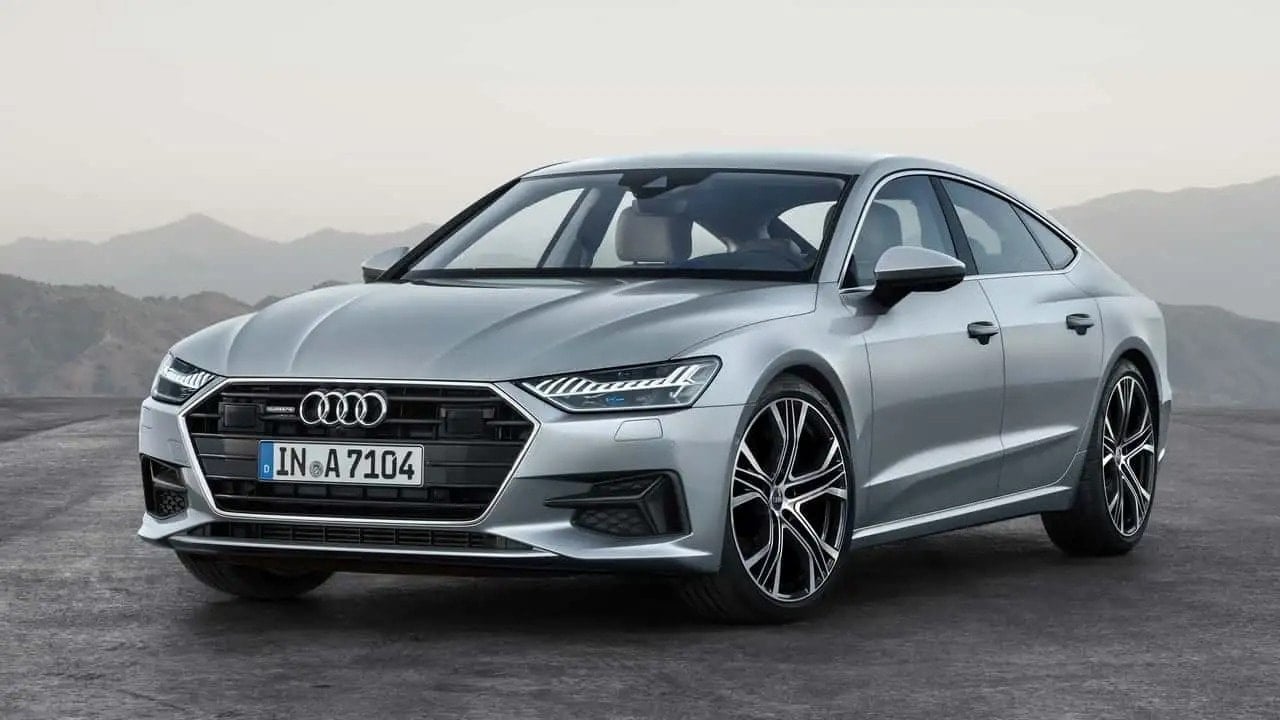
On the BMW side, the X4 SUV coupe, launched in 2014, will stop production after 2025 due to its declining appeal. The Bavarian automaker will focus its resources on the new generation X2. The 8 Series, including the coupe, Gran Coupe and high-performance M8 variants, will also end production after 2025.
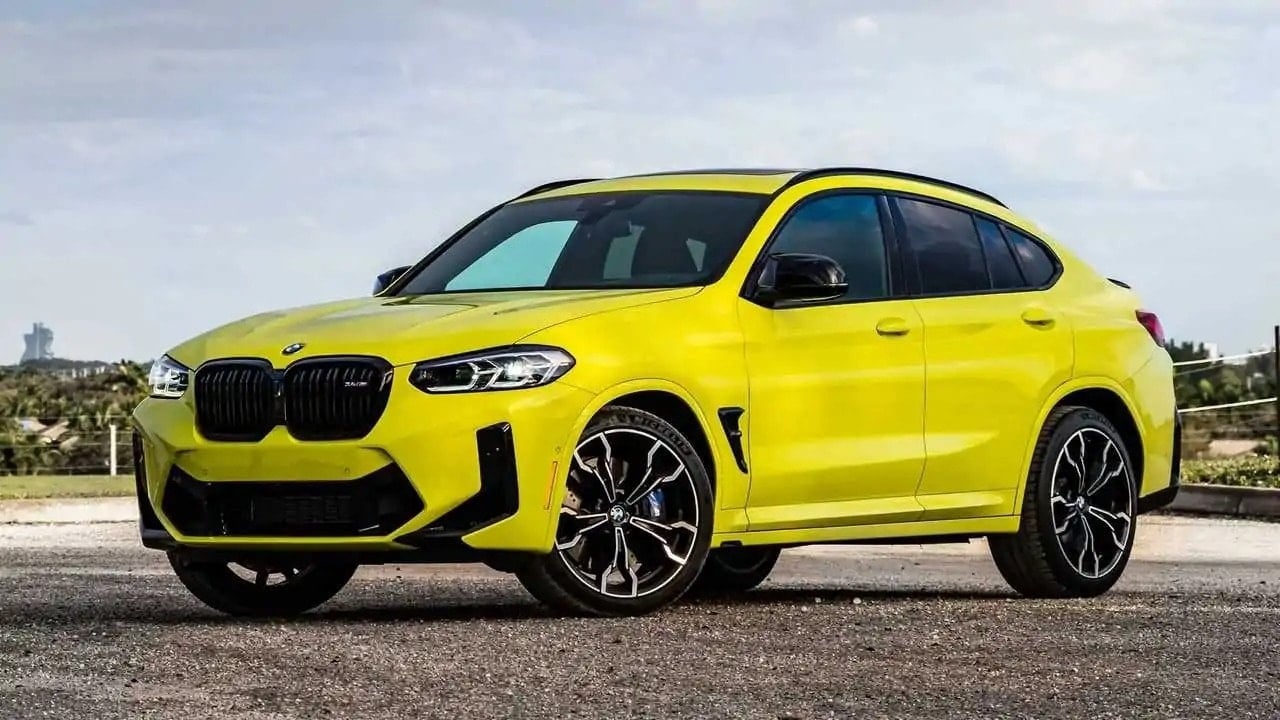
Mercedes-Benz is no exception. The EQB electric SUV, launched in 2021, will be discontinued after just four years on the market due to poor sales in the US. While the GLC line is growing well, the GLC Coupe version faces an uncertain future and will likely be eliminated in an effort to simplify the company's portfolio.
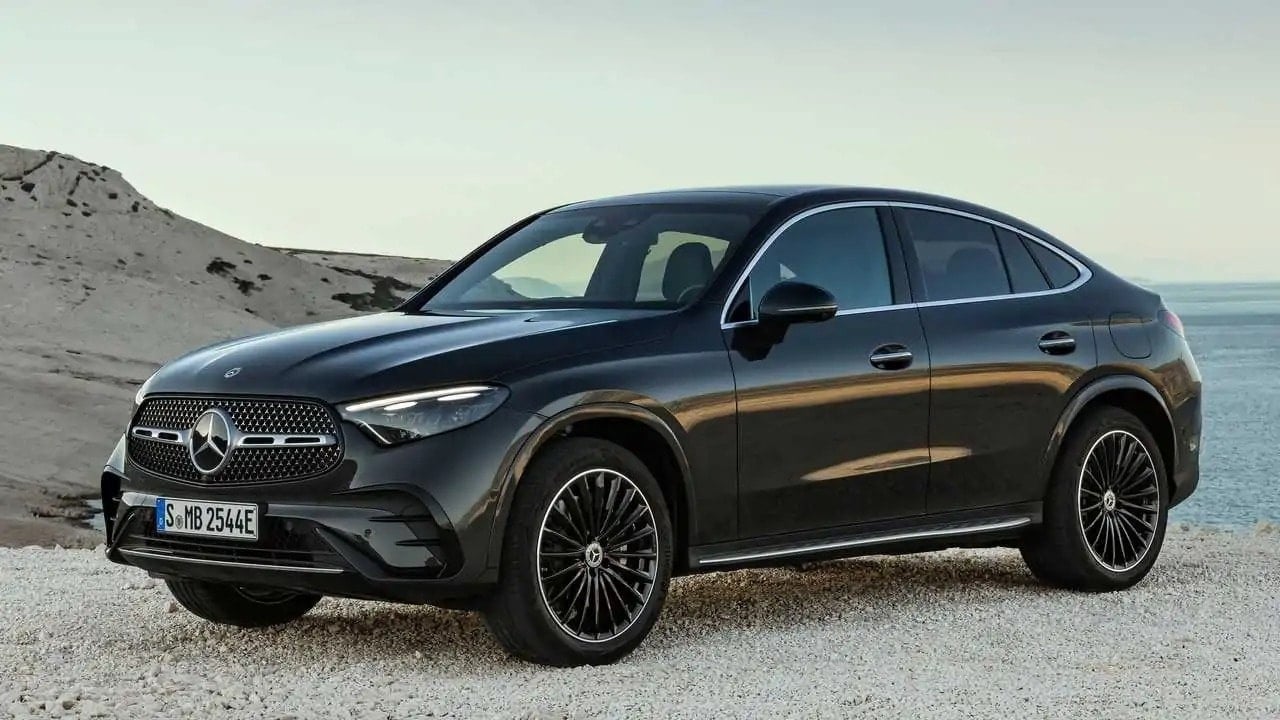
The uncertain future of the sedan segment
Not only coupes or SUVs are facing challenges, but the traditional sedan segment is also facing many challenges. After a decade on the market, the Acura TLX will stop production in July 2025. With sales of just over 7,000 cars in 2024, Acura has planned to replace this sedan with an electric crossover.
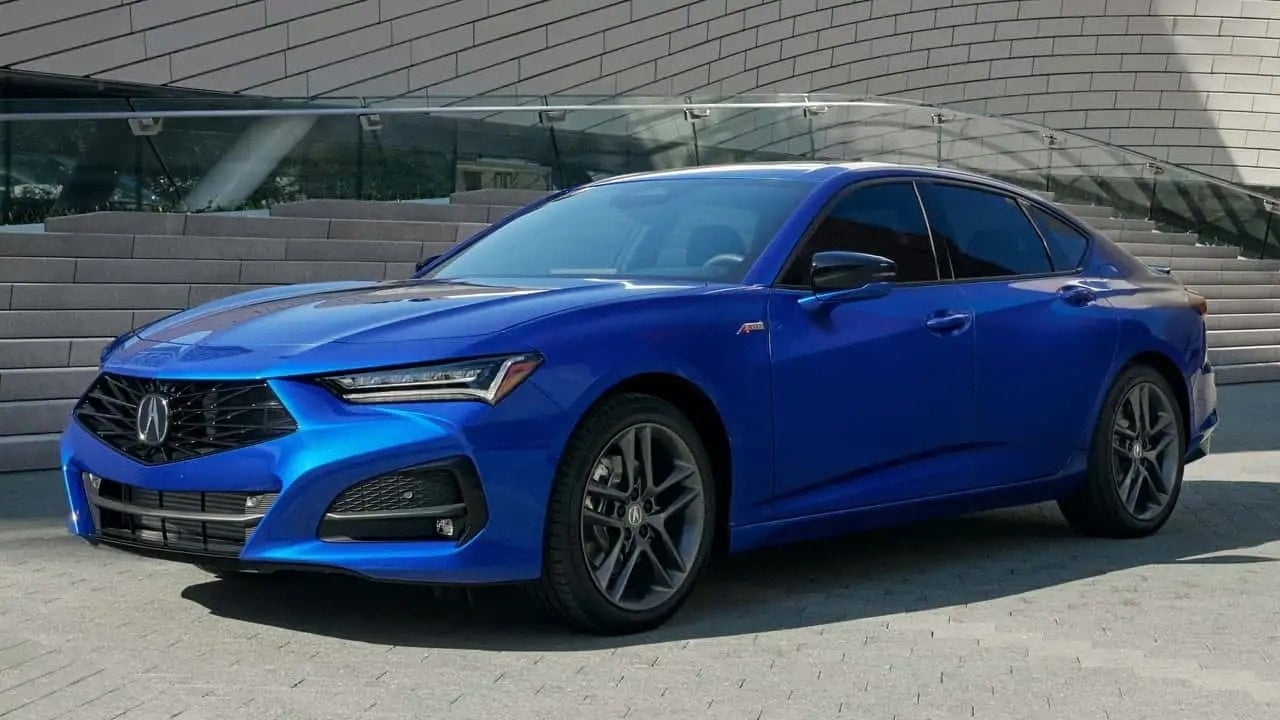
Swedish car brand Volvo also made a tough decision with its sedan lines. The S60 model, although only halfway through its life cycle, was officially discontinued due to lack of breakthrough sales. Meanwhile, the new generation Volvo S90 launched in 2026 will be distributed exclusively in the Chinese market. In the US, this luxury sedan has been discontinued with only 1,364 cars delivered to customers in 2024.
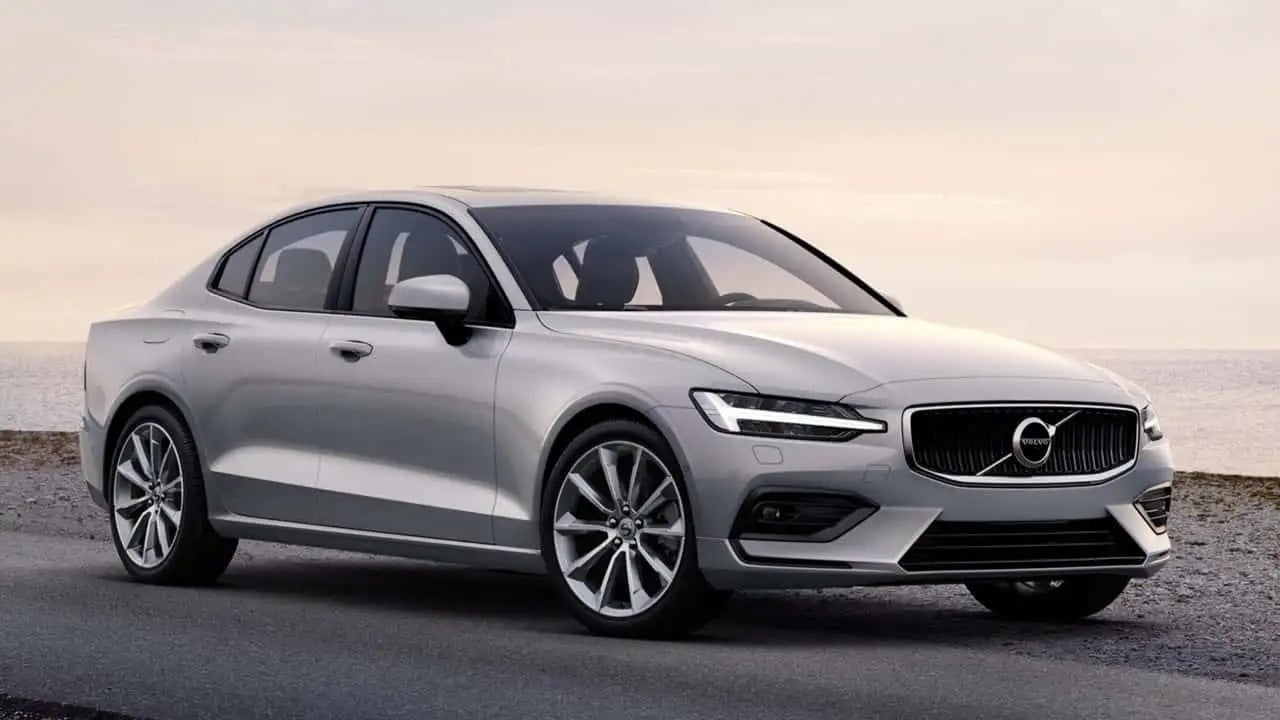
The transition to electric power and its consequences
The trend towards electrification is one of the main reasons for the disappearance of many models using internal combustion engines. Porsche is preparing to launch pure electric versions of the 718 Boxster and 718 Cayman. This means that the petrol versions of these two sports cars will soon become a thing of the past after 20 years of existence.
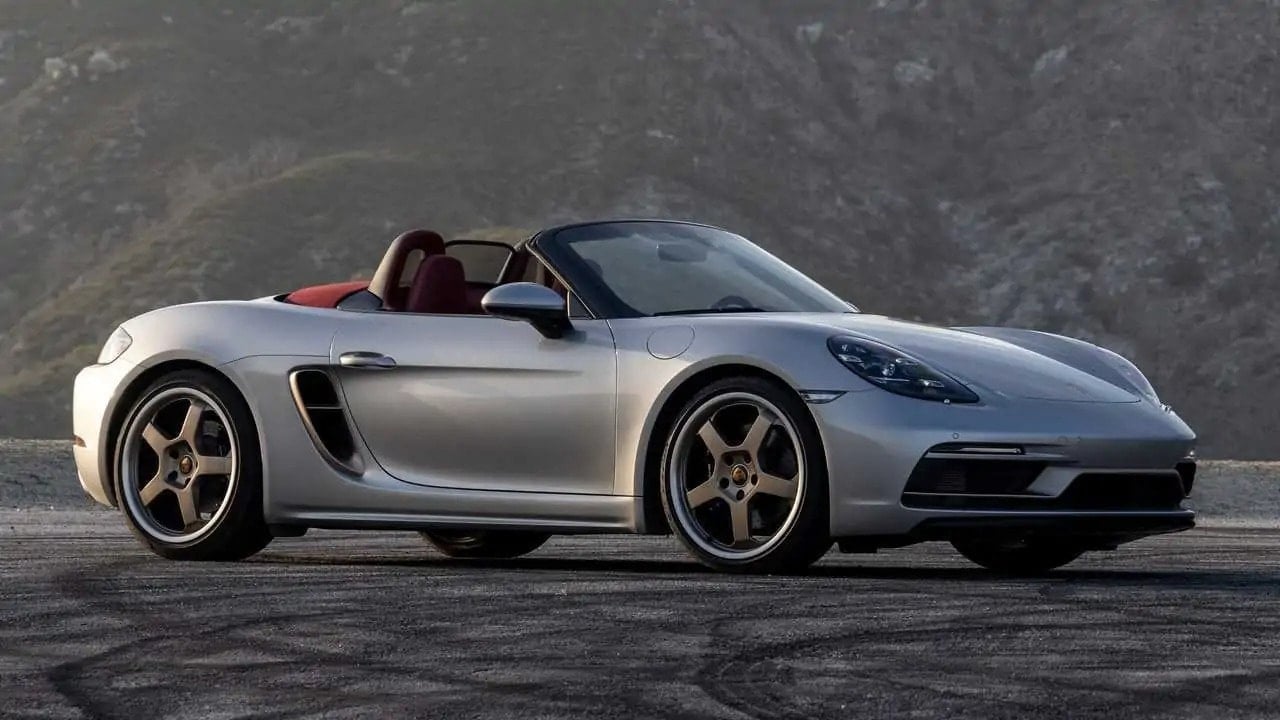
Another notable case is the Porsche Macan. Initially, the combustion engine version was expected to be discontinued when the Macan EV was launched. However, with demand for electric vehicles showing signs of slowing, Porsche is said to be reconsidering this decision. With sales of 26,947 units last year, the Macan remains the company's best-selling model.
Along with luxury models, some popular models are also not immune to the elimination spiral. The Kia Soul, a once-successful small SUV, will be discontinued by 2026 after three generations due to declining sales in recent years.
Conclude
The mass extinction of models shows the brutality of the modern auto industry. Carmakers are having to make tough choices to optimize their portfolios, meet emissions regulations and invest in the future of electric vehicles. For consumers, this may be the last chance to own iconic internal combustion engine models before they disappear from the market completely.
Source: https://baonghean.vn/thi-truong-o-to-2025-loat-xe-sang-noi-loi-chia-tay-10308652.html


![[Photo] Da Nang residents "hunt for photos" of big waves at the mouth of the Han River](https://vphoto.vietnam.vn/thumb/1200x675/vietnam/resource/IMAGE/2025/10/21/1761043632309_ndo_br_11-jpg.webp)




![[Photo] Prime Minister Pham Minh Chinh received Mr. Yamamoto Ichita, Governor of Gunma Province (Japan)](https://vphoto.vietnam.vn/thumb/1200x675/vietnam/resource/IMAGE/2025/10/21/1761032833411_dsc-8867-jpg.webp)

















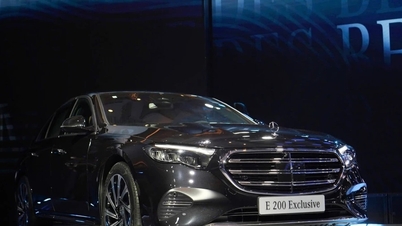


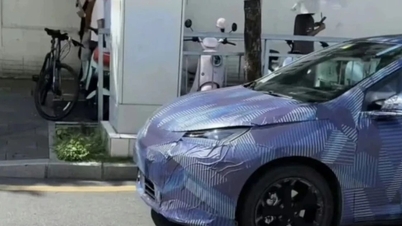
![[Photo] Prime Minister Pham Minh Chinh meets with Speaker of the Hungarian National Assembly Kover Laszlo](https://vphoto.vietnam.vn/thumb/1200x675/vietnam/resource/IMAGE/2025/10/20/1760970413415_dsc-8111-jpg.webp)









































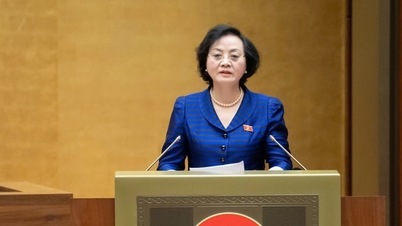






































Comment (0)